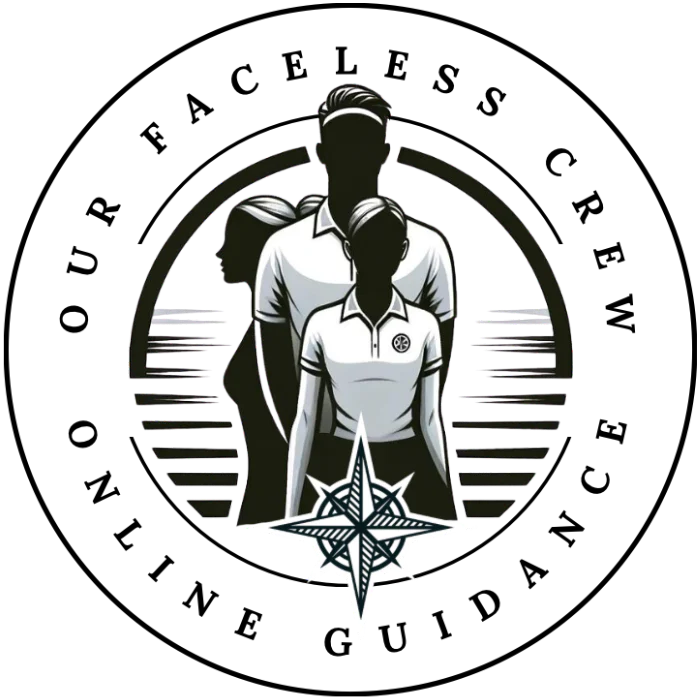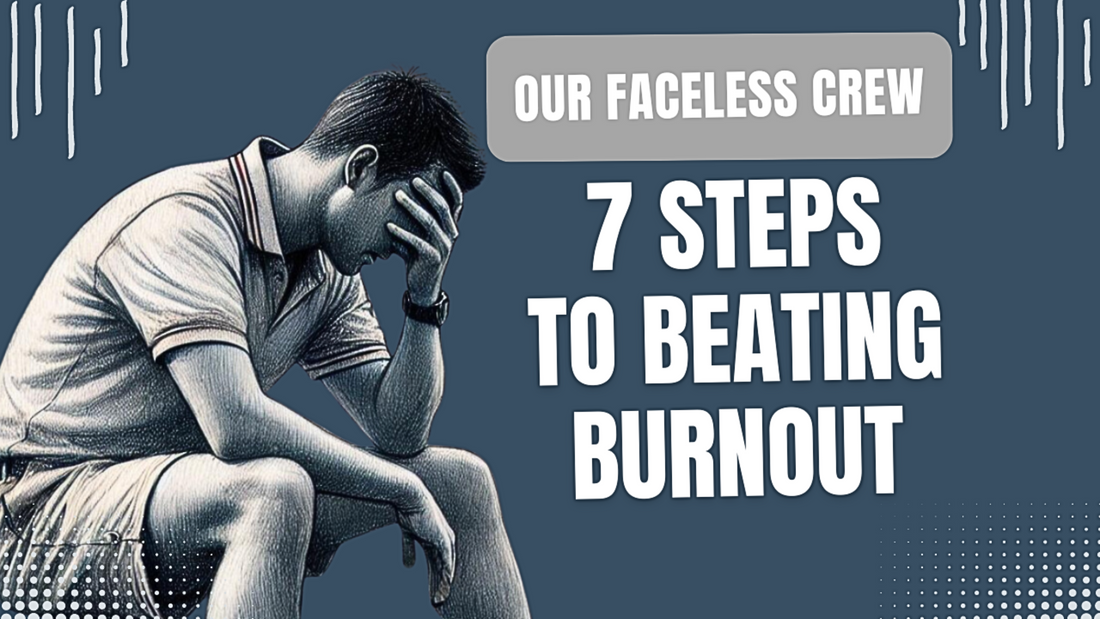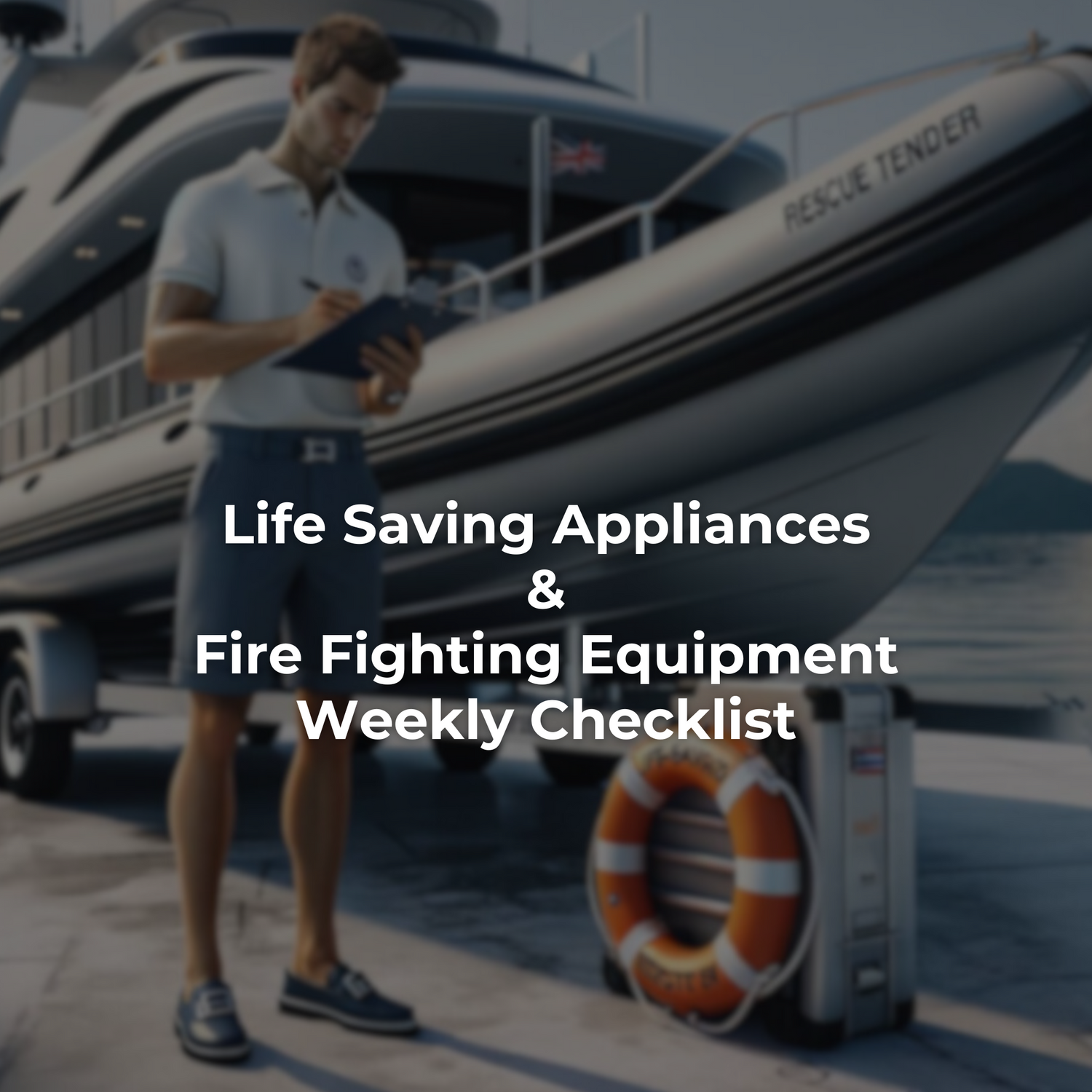
Burnout during the peak yachting season is always a real possibility. I personally experienced it myself once, on a three month non-stop charter season. We were doing back-to- back charters with no off days, and no shore leave. When we finally got a week charter free, our owner was standing on the dock to come aboard as we were waving goodbye to the charter guests. I remember almost passing out in the crew mess at one point… not from dizziness , but from sheer exhaustion.
That’s when I finally fully comprehended the significant impact of burnout on crew performance and overall well-being. Physically, I found myself becoming more fatigued much quicker than usual ( those crew stairs started to look like mountains). Tasks that were normally mere routine became increasingly challenging, and I noticed I did not feel as quick and efficient as I normally would feel.
I noticed the burnout signs with other crew members too… the irritability, the detachment and increasingly the signs of de-motivation creeping in. Some struggled to maintain the positive attitude that is crucial for delivering high-end service to guests. The combination of physical exhaustion and mental strain was evident.
In a recent LinkedIn post by Ivana Novakovic, recruitment consultant at Northrop & Johnsons, she spoke about the constant calls she received about the bullying that began as the season entered its full swing. This is, unfortunately, is often the result of crew members feeling overstressed, overworked and without an outlet for their emotions. I can tell you, firsthand, that it is not enjoyable to be on the receiving end of that. Therefore, it is imperative that yachts begin to put strategies in place, to help and support crew, especially to avoid mental burnout. There are helplines, apps specifically for crew and mentors ashore only a message away, that are there for support.
The Signs
Be vigilant for several signs that indicate burnout is approaching, both in yourself and in your colleagues.
These include:
- persistent fatigue
- difficulty concentrating,
- irritability and
- a noticeable decline in work performance.
Additionally, feeling overwhelmed by tasks that used to be manageable, experiencing frequent headaches or muscle pain, eye twitches and having trouble sleeping (even when physically exhausted), are common indicators. If you start to feel emotionally detached from your work or from your colleagues, it’s a clear sign that burnout may be setting in.
It’s actually crucial to recognize the signs early, because it allows for timely intervention. This will prevent more severe health and mental issues. Once the signs are identified, it’s important to take proactive steps, such as ensuring you get adequate rest, even if it means negotiating a slightly adjusted schedule with your senior crew members. As long as it does not put an extra strain or workload on another colleague, in some cases, it can be possible ( yes, it can).
The Incredible Effects Of A Workout During Burnout
This may sound contradictory, but engaging in regular physical exercise, even short workouts, can help alleviate stress. I used to lie on the floor of my cabin with my feet up on my bunk, to do some abdominal work. This was important as a strong core kept my lower back from hurting from long hours of standing and from lifting heavy beds. On my two hour break during charters, I took a thirty minute power nap, did a twenty minute workout ( usually Caribbean dancing in front the full length mirror hahaha) and ten minutes of lifting light dumbbells or stretching. ALL IN MY TINY CABIN. I then had an hour to calmly cool down, shower and get back on duty feeling rejuvenated.
I also found that practicing positive daily affirmations, incorporating relaxation techniques, keeping my diet clean, and staying properly hydrated made a huge difference.
On another note, please do not forget that your crew is your family away from home, so encourage a buddy system on board. Seek support from a colleague or the crew’s designated Person of Trust or to provide any emotional support you may need. Check in on each other regularly and offer assistance when someone appears to be struggling.
Supporting each other is key to preventing burnout. This can be achieved by fostering a culture of open communication where crew members feel comfortable sharing their feelings and concerns. Encouraging regular breaks, even short ones, can help everyone recharge. The deck leader used to send each of his deck team inside for ten minute breaks on a casual rotation system. In this way, they did not overheat and had opportunities for rehydrating.
Dealing With No Days Off
No days off possible? Organizing short, fun activities during downtime can boost crew morale and provide a mental break from work. Try a crew games night in the crew mess if there is no shore leave. I particularly love UNO, as it doesn’t have to be loud to disturb sleeping crew members.
For new crew members about to embark on their first busy charter season, my advice would be to prioritize self-care and preparation. Understand that the work will be extremely demanding, and mentally prepare yourself for long hours, with very little entertainment.
To prepare physically, new crew members should focus on building their stamina and strength through regular exercise, including cardiovascular workouts and strength training. This will help them handle the physical demands of the job more effectively. Practicing good posture and learning techniques for lifting heavy objects safely can prevent injuries.
Senior crew members and management have a pivotal role in creating a healthy work environment. They set the tone for the crew’s overall well-being by promoting a balanced approach to work and rest. It’s important for them to lead by example, showing that taking care of oneself is a priority. They should encourage open communication, actively listen to crew members' concerns, and take necessary actions to address them. Implementing policies that ensure fair distribution of workload and sufficient rest periods is essential. Providing resources for mental health support and professional development can also help in maintaining a positive and healthy work atmosphere.
Extra Support
Superyacht Fitness wrote a really helpful article on breaking through burnout by using the ancient practice of breathwork to reduce stress and chronic exhaustion. We highly recommend reading it HERE.
I also invite you to watch Our Faceless Crew’s collaborative YouTube series from yacht stewardess and fitness instructor Movement Undefined, available on our channel HERE. 




